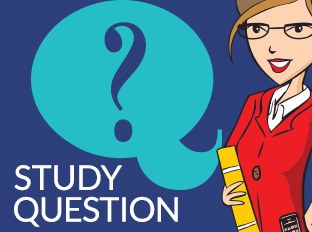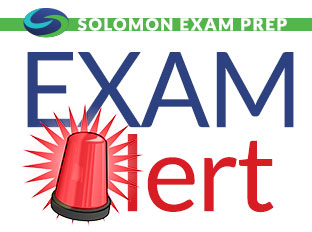 With post-Brexit vote market turmoil, it’s good to remember that the Securities Exchange Commission requires trading halts across US markets in the event that stocks fall more than specified percentages in one day. This information is also important to know if you are studying for securities licensing exam such as the Series 7, Series 24, Series 26, Series 62, Series 79, and the Series 65.
With post-Brexit vote market turmoil, it’s good to remember that the Securities Exchange Commission requires trading halts across US markets in the event that stocks fall more than specified percentages in one day. This information is also important to know if you are studying for securities licensing exam such as the Series 7, Series 24, Series 26, Series 62, Series 79, and the Series 65.
A market-wide trading halt can be triggered at three thresholds. These thresholds are triggered by steep declines in the S&P 500 Index. They are calculated based on the prior day’s closing price of the Index.
• Level 1 Halt—a 7% drop in the S&P 500 prior to 3:25 p.m. ET will result in a 15-minute cross-market trading halt. There will be no halt if the drop occurs at or after 3:25 p.m. ET.
• Level 2 Halt—a 13% drop in the S&P 500 prior to 3:25 p.m. ET will result in a 15-minute cross-market trading halt. There will be no halt if the drop occurs at or after 3:25 p.m. ET.
• Level 3 Halt—a 20% drop in the S&P 500 at any time during the day will result in a cross-market trading halt for the remainder of the day.
These halts apply to securities and options trading on all the exchanges as well as the OTC market. Levels 1 and 2 trading halts are permitted just once a day.
Solomon Exam Prep has helped thousands of financial professionals pass the Series 6, 7, 63, 65, 66, 24, 26, 27, 50, 51, 52, 53, 62, 79, 82 and 99 exams.
For more information call 503 601 0212 or visit http://www.solomonexamprep.com/


